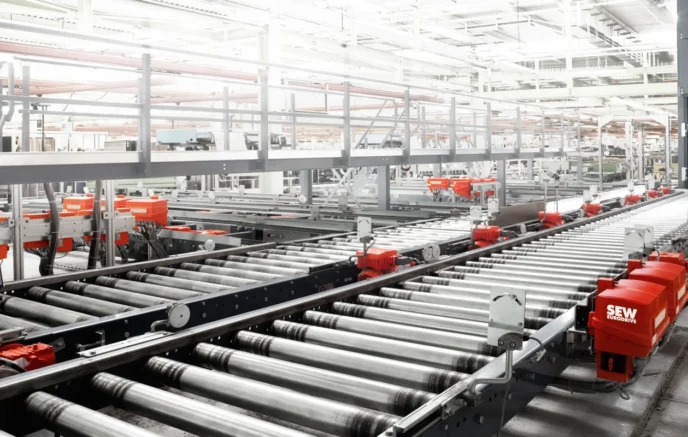When growth reveals organizational limits
Villars, a Swiss master chocolatier since 1901, is facing growing challenges in managing the skills of its teams. With a growth rate of 15 % and a staff turnover rate of 20 %, the company has to meet an increased need for versatility to keep pace with its growing production volume.
However, before the integration of Mercateam, Villars faced several problems:
Lack of structured training follow-up The training courses were not standardized, were mostly oral and lacked a formal evaluation process (such as MCQs). This led to inconsistencies between assessors.
Inefficient manual management Competency and authorization management relied mainly on Excel files and paper documents, making it difficult to keep precise track of employee know-how.
Reluctance to digitize With few fixed computers on the site and a culture that is not very digitalized, some employees were worried about change and the transition to a digital tool.
Communication problems the exchanges between human resources and trainers were limited, making it difficult to plan training courses for new arrivals.
Lack of visibility This made it difficult to keep track of training milestones, trace past evaluations and ensure that deadlines were met.
Why Villars chose Mercateam to digitalize its know-how management
Faced with these challenges, Villars chose Mercateam to completely digitalize the management of skills and authorizations. This choice was motivated by several factors:
- Simplification and centralization Mercateam replaces Excel files and paper documents with a single platform, accessible to all stakeholders.
- Automation of versatility matrices the tool helps to control and preserve know-how by anticipating the departure of key skills (turnover).
- Training follow-up Mercateam: with formal assessments via MCQs and alerts to meet deadlines, Mercateam provides greater visibility and structure to training processes.
- Adaptation to field requirements The tool is specifically designed to meet the needs of Villars' key sectors, such as molding, packaging, folding and over-packaging.
How Mercateam helps Villars simplify and centralize its processes
The adoption of Mercateam has enabled Villars to transform its skills management and gain in efficiency:
Complete digitalization :
In just three months, Villars was able to digitize 100 % of its skills and authorizations, with automated updates of certification expiry dates.
Improved monitoring :
Employees have a common reference for skills and authorizations. Alerts enable expiry dates to be anticipated up to three months in advance, avoiding the risk of critical skills gaps.
Streamlining information :
By centralizing data, we were able to eliminate three Excel files in two logistics sectors, and produce precise KPIs by site, team and sector.
Structuring training courses :
Training courses are now standardized, with MCQs and uniform assessment criteria. The calendar and alerts make it easier to organize the various stages.
Efficiency in the field :
Employees can access their skills and authorizations in real time, making the organization more autonomous and versatile.
Mercateam has played a decisive role in Villars' evolution towards more agile, high-performance management adapted to the challenges of the agri-food sector.



